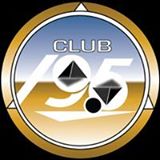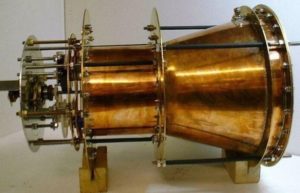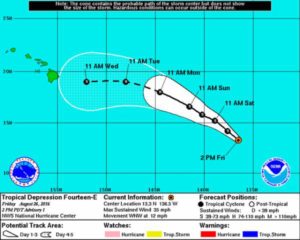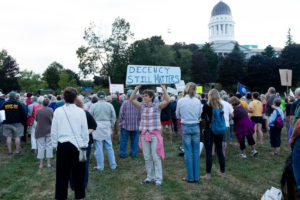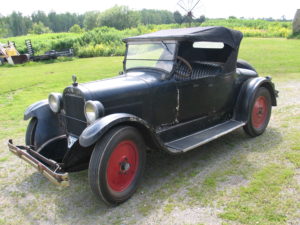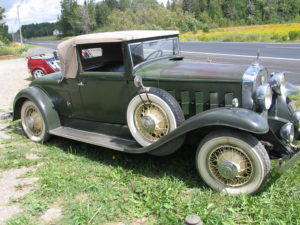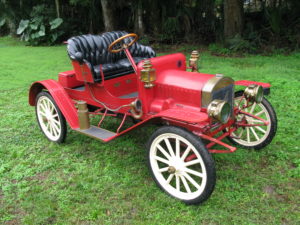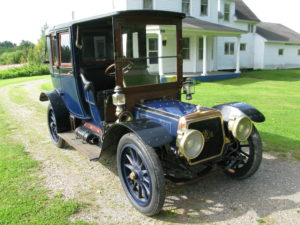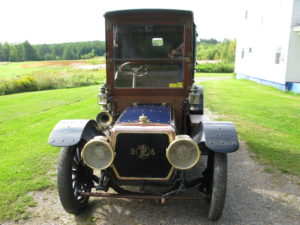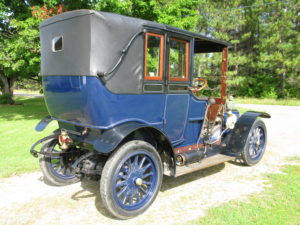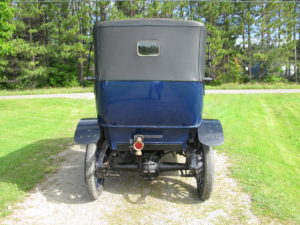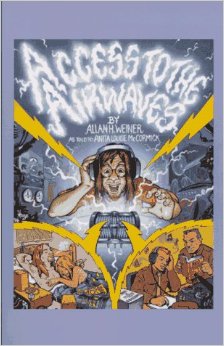To Access the Full show, please Login to your Club 19.5 membership: <a href="https://www.theothersideofmidnight.com/club-19_5-login/" title="Sign In">Sign In</a>
Richard’s Items:
1. NASA’s EmDrive thruster just took an important leap forward
2. Tropical storm may head toward Hawaii, coinciding with Obama visit
3. Earth-like planet near Proxima Centauri
5. Paul LePage, Besieged Maine Governor, Sends Conflicting Signals Over Intentions
Allan’s Items:
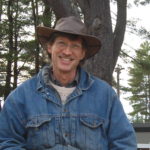 Allan Weiner was born in Yonkers, New York. Fascinated with radio at an early age, he began building radio transmitters as a teenager. Weiner was operating an unlicensed station that he called WKOV, when he was contacted by a fellow teenaged radio pirate, Joseph Paul Ferraro. Ferraro’s station shared time with Weiner’s, with the two stations alternating back and forth on the channel. The stations were renamed “WFSR”, for the FallingStar Radio Network. Later, two FM stations were added to the network: Weiner’s WXMN and Ferraro’s WSEX. The network was renamed the American Radio Broadcasting System, and was the subject of an article in Rolling Stone. After the network was raided by the FCC twice in 1971, Weiner and Ferraro penned a letter of protest to the FCC, stating in part:
Allan Weiner was born in Yonkers, New York. Fascinated with radio at an early age, he began building radio transmitters as a teenager. Weiner was operating an unlicensed station that he called WKOV, when he was contacted by a fellow teenaged radio pirate, Joseph Paul Ferraro. Ferraro’s station shared time with Weiner’s, with the two stations alternating back and forth on the channel. The stations were renamed “WFSR”, for the FallingStar Radio Network. Later, two FM stations were added to the network: Weiner’s WXMN and Ferraro’s WSEX. The network was renamed the American Radio Broadcasting System, and was the subject of an article in Rolling Stone. After the network was raided by the FCC twice in 1971, Weiner and Ferraro penned a letter of protest to the FCC, stating in part:
- …we went about a year ago … to apply for a license. Our attempt proved quite humorous to your employees, who sent us away with word of “Forget it.” Further investigations showed us why our attempt was then so comical. Licenses were so expensive and hard to get that even small stations were being sold for millions. Broadcasting was reserved for power men.
- …We are not disputing, however, your right to assign channels and set aside bands for the prevention of interference. We certainly, however, are disputing your right to reserve broadcasting for the well-to-do only.
Weiner and Ferraro continued throughout the 1970s and ’80s with various unlicensed stations. Some projects were operated separately from one another, but others saw the duo collaborating as they did on Radio Newyork International, which operated from a ship, the M/V Sarah in international waters off the Long Island coast. Again raided by the FCC, Weiner and Ferraro began purchasing airtime occasionally on licensed shortwave stationWWCR.
Another attempted shortwave station operated from a ship at sea, this time from aboard the M/V Fury and operated from off the South Carolina coast, was raided before the ship had left the harbor when the FCC claimed to have monitored test transmissions coming from the ship. The South Carolina operations were to be funded partially by controversial fundamentalist
After the M/V Fury fiasco, Ferraro purchased a small licensed AM station, WHVW in H
In 1998, after a decade of lobbying and another threatened off shore broadcasting effort, Weiner was granted a license for shortwave station WBCQ and AM station WREM in Monticello, Maine.
Programming on WBCQ is an eclectic mix of music, plus brokered religious and political programming. Some former radio pirates produce shows on WBCQ as well. WREM is now known as WXME, simulcasting WSKW Skowhegan, Maine, an oldies formatted station formats on WXME include news/talk, simulcasting Caribou-based music previous Channel X Radio under the call letters WCXH and as WREM rebroadcast the talk programming of Presque Isle‘sWEGP. Having received a license after years of battling the FCC has brought more criticism from pirate radio enthusiasts. Also criticized has been Weiner’s sale of airtime on WBCQ to the incendiary government informant Hal Turner and radio preacher Brother Stair.
WBCQ’s first service operated on 7415 kHz, a frequency that was the most popular for shortwave pirates in the early to mid-1990s.
In January 1997, Loompanics Unlimited published Access to the Airwaves: My Fight For Free Radio, Weiner’s autobiography
